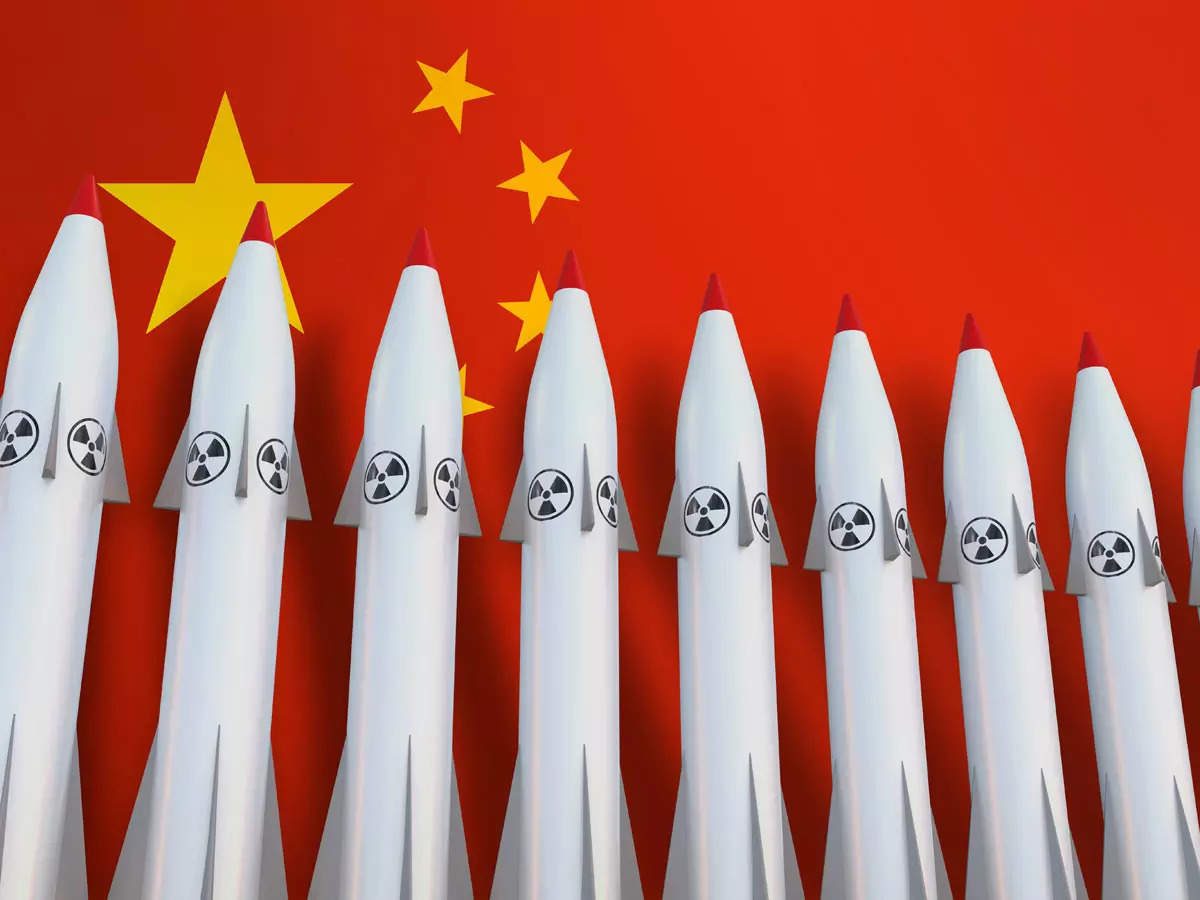Bangladesh Military Raises Concerns Over Chinese Weapons Quality
In a recent development, the Bangladesh military has expressed dissatisfaction with the quality of weapons imported from China, citing concerns over sub-standard and faulty parts. This issue has sparked considerable debate and raised questions about the reliability and effectiveness of crucial military equipment supplied to the nation.
Bangladesh, like many developing countries, has looked to China as a key partner in meeting its defense needs. However, reports have surfaced indicating significant problems with the imported weaponry, ranging from small arms to larger military hardware. Officials within the Bangladeshi military have highlighted instances where these weapons failed during critical operations or training exercises, compromising operational readiness and safety.
The complaints primarily center around the alleged use of inferior materials and construction techniques in the manufacturing process of these weapons. Instances of malfunctioning components, such as faulty firing mechanisms in rifles or inaccurate targeting systems in artillery, have been cited as examples of the issues faced by the military personnel.
Moreover, the timing of these revelations coincides with Bangladesh’s efforts to modernize and strengthen its armed forces amid regional security challenges. The reliance on Chinese weaponry was intended to bolster national defense capabilities swiftly and affordably. However, the apparent shortcomings in quality have now become a pressing concern for military strategists and policymakers alike.
This situation also underscores broader geopolitical dynamics, where China has emerged as a major supplier of military hardware to several countries seeking alternatives to Western suppliers. While China’s defense exports have grown substantially over the years, incidents like these highlight the importance of rigorous quality control and reliability testing in international arms trade.
In response to these issues, Bangladesh authorities have reportedly initiated discussions with Chinese counterparts to address the concerns raised by their military. Efforts are underway to rectify the problems through technical evaluations and negotiations aimed at ensuring that future deliveries meet expected standards of performance and reliability.
The outcome of these deliberations will likely have significant implications for Bangladesh’s defense procurement strategies moving forward. It may prompt a reassessment of reliance on specific suppliers and lead to greater scrutiny in evaluating the quality and reliability of imported military equipment.
As the situation continues to unfold, stakeholders within Bangladesh and abroad will be closely monitoring developments to gauge how effectively these challenges are addressed and what lessons can be drawn for future defense procurement practices. The ability to maintain robust and dependable military capabilities remains a critical priority for Bangladesh, particularly in a region characterized by complex security dynamics and evolving threats.
In conclusion, while the partnership between Bangladesh and China in defense procurement has aimed to enhance national security, recent revelations about the quality of imported weapons have raised significant concerns. Addressing these issues promptly and effectively will be crucial in ensuring that Bangladesh’s armed forces maintain the readiness and reliability necessary to safeguard national interests and security in the years ahead.
